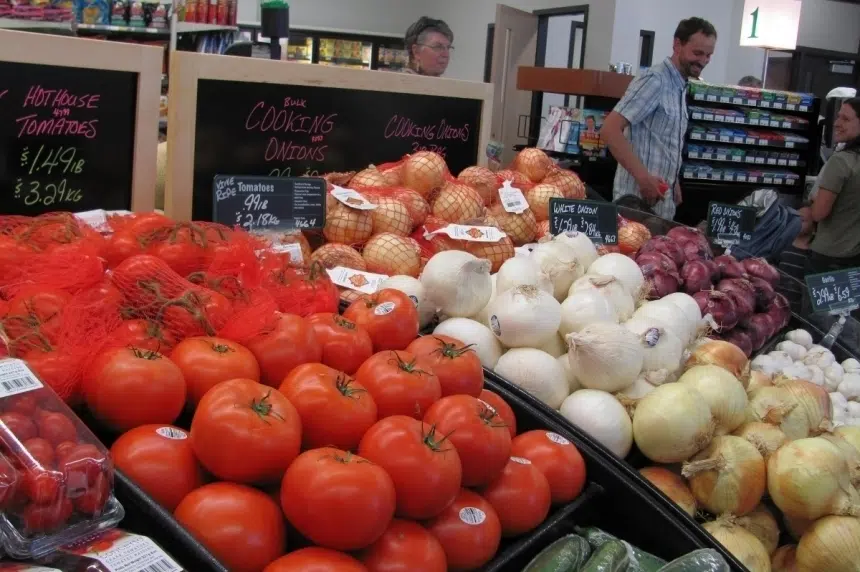According to the 2021 food price report, the average family of four will spend an extra $700 next year on groceries, with the cost of bread, meat and vegetables going up by five per cent.
But a local dietitian says quality meals don’t have to be complicated or expensive.
“Families are already feeling the economic strain from the pandemic, which is already impacting food security in Saskatchewan, so these projected rises in food costs will ultimately put a further strain on people already struggling to feed their families,” said Carrie Verishagen with Eat Well Saskatchewan, a free registered dietitian service through the University of Saskatchewan.
Verishagen says there are still ways to eat healthy on a tight budget. She suggests choosing cheaper cuts of meat, and purchasing protein alternatives like lentils and chickpeas, or canned fish.
“(Those are items) which are significantly cheaper and can help save money,” she said. “I think ultimately this is going to put more pressure on people’s meal preparation and cooking skills.”
She also suggests buying family packs of meat and freezing it into individual portions and using leftovers for sandwiches or other dishes like stews.
To save money on produce, Verishagen suggests buying frozen fruits and vegetables, which are just as nutritious and they are usually more affordable.
And she said we could see another increase in gardening next year.
“We did see that trend as a result of COVID-19 and I do think with the prices going up, we will probably still continue to see more of that,” she said. “It is a lot cheaper to buy seeds and grow your own produce at home.”











